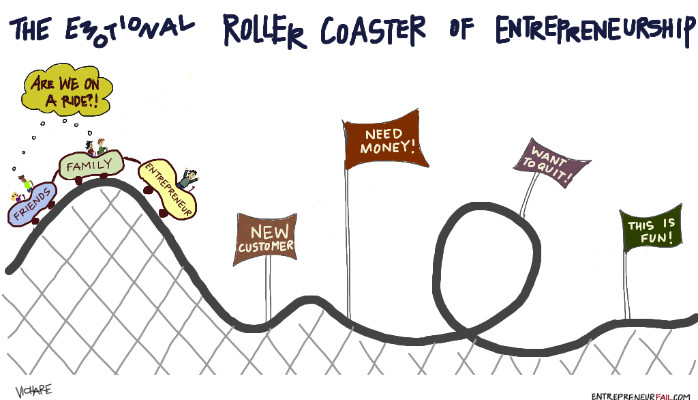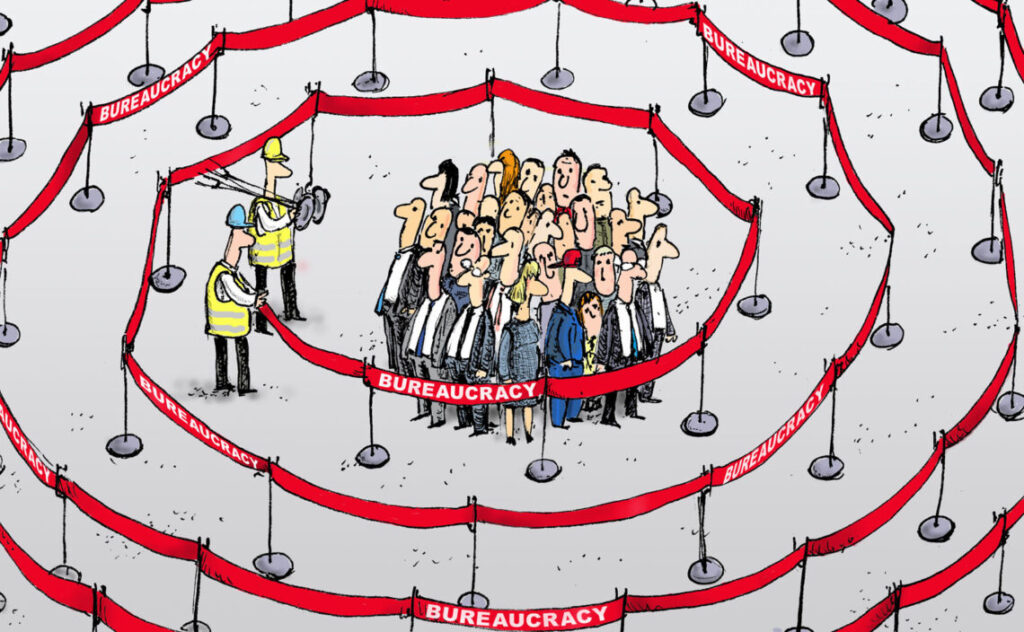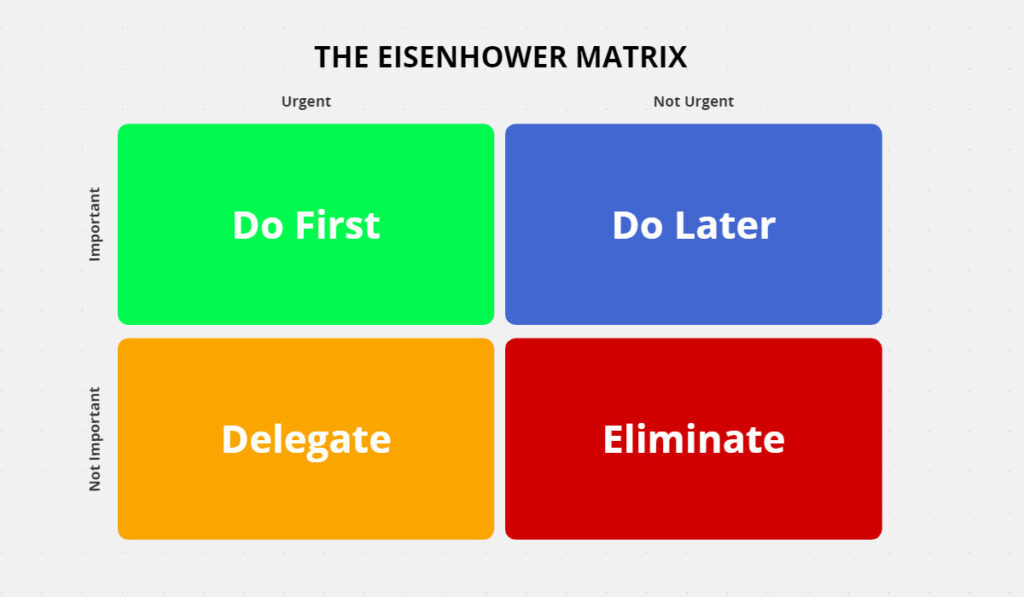We often get lost in the glitz and glamour of the word “entrepreneur”. But it does come with its share of pain, loss and immense struggles, Despite this, we do not give mental health of entrepreneurs the attention that it deserves. Especially in the Indian scenario, the attitude of “Log kya kahenge” has been a cause of hurt and pain forever now.
It’s time to change, don’t you think?
In the fastest-growing country in the world, mental health cannot remain a taboo subject. There have definitely been some improvements with more initiatives being taken to shed light upon the nuances of this subject.
So, at Instamojo, we are taking this month to talk about it. Let’s unpack what entrepreneurs go through on a daily basis, the roadblocks that they overcome when it comes to their emotional and mental growth and the resources and networks that are crucial for a supporting and growth-conducive environment.
View this post on Instagram
We believe in you. We want you to believe in yourself too. Because trust us when we say – #YourMojoMakesYou.
Let’s talk about how bad is it
According to a Forbes article, 72% of entrepreneurs are affected by mental health issues, compared to 48% of non-entrepreneurs. Entrepreneurs were also significantly more likely to report anxiety, depression, and ADHD, among other mental health conditions.
Another study by the World Economic Forum found that approximately one-half (49%) of entrepreneurs suffer from at least one form of mental health condition during their lifetimes, including ADHD, bipolar disorder, and a host of addictive disorders. Start-up founders are twice as likely to suffer from depression.
The numbers are staggering. But why is it so bad?
What affects the mental health of entrepreneurs the most?
Entrepreneurs are particularly vulnerable to mental health issues due to a combination of factors. How many do you relate to?
1. Work-Life Imbalance
It is not uncommon for solopreneurs to take the help of their family members to run their small businesses. Countless successful D2C brands today started from a small room in an apartment. The example of The Upper Room comes to mind.
Entrepreneurs often invest substantial time and effort into building and growing their businesses, creating a blurred boundary between work and personal life.
These blurred boundaries can become triggers of stress, unhappiness and lower quality of life.
2. Financial Pressures
Most startups start with bootstrapping or crowdsourcing funds to launch their business. Starting and running a business involves financial risks, especially in a competitive market like India.
There is intense pressure to generate profits, secure funding, manage cash flow, return loans, and meet financial obligations that becomes a prolonged mental burden for business owners.
Related read: 5 Easy ways to raise money for your small business
3. Lack of Support Systems
In India, entrepreneurship is often associated with taking on multiple responsibilities and shouldering burdens individually.
Entrepreneurs may not always have adequate support systems in place, such as mentors, advisors, or strong professional networks, to provide guidance, encouragement, and emotional support.
The owner of Leafy Affair – Supriya Donthi, recently stressed the catalytic effect that a mentor could have on a small business owner. Here are some more foundational tips that we heard during the #D2CTech Conference of 2023.
4. Emotional Rollercoaster
Entrepreneurship can be an emotional rollercoaster with intense highs and lows.
There’s the euphoria of making your first sale, receiving your first funding, touching your milestones, going global and so much more. And it’s just as devastating when your business fails.

The entire journey of running a business comes with a range of emotions, including excitement, fear, frustration, and loneliness. The constant ups and downs can impact mental well-being and require strong emotional resilience from entrepreneurs.
Related read: 10 Qualities entrepreneurs have in common: Lessons from the best
5. Fear of Failure and Success
Entrepreneurs have to constantly battle the fear of failure, which can lead to stress and anxiety.
However, the fear of success is also common, as it brings its own set of challenges and responsibilities. Balancing these fears and managing the associated emotions can be mentally taxing. This is why it becomes very important for entrepreneurs to conquer their fears.
6. Social Isolation
Despite being surrounded by people in professional settings, entrepreneurs can experience feelings of social isolation.
They may have limited opportunities to connect with like-minded individuals or may find it challenging to discuss their struggles openly. This isolation has a very negative impact on their mental health.
7. Societal Expectations and Stigma
The eternal Indian fear “Log kya kahenge”
Indian society places a significant emphasis on stability and conventional career paths. Entrepreneurship, being a non-traditional pursuit, is usually met with scepticism or disapproval from family, friends, or society. These pressures and stigma contribute to stress, self-doubt, and isolation.
9. Regulatory and Infrastructural Challenges
Entrepreneurs in India often face bureaucratic hurdles, complex regulations, and inadequate infrastructure, which can add to their stress levels and impact their mental well-being.

Indian leaders often say – For a business to succeed in India, business knowledge is important, but what is MORE important is the ability to understand and manoeuvre our classic red tape bureaucracy.
Acts of mental discipline
For emotional resilience and a strong mindset, it is important to incorporate discipline into your life.
Here are some acts of mental discipline that are bound to show you some results provided you are dedicated and committed to doing these regularly.
1. Mindfulness and Meditation
Engage in mindfulness practices, such as meditation, to enhance self-awareness and reduce stress. Allocate a few minutes daily to practice mindfulness to cultivate mental clarity, focus, and resilience.
2. Setting Clear Goals
Clearly define short-term and long-term goals to get a sense of direction and purpose. Break down larger goals into smaller, actionable steps, and regularly review and reassess progress. This practice will help you stay motivated and maintain focus.
Related read: How to create a business plan for your eCommerce store
3. Time Management
Effective time management is vital for entrepreneurs.
Prioritize tasks based on importance and urgency, delegate when necessary, and set aside dedicated time for specific activities. Avoid multitasking, as it can reduce productivity and increase your stress levels.
Have you heard about the Eisenhower prioritization template? It’s pretty simple. Make a list of your tasks and then divide them according to this graph.

Automate repetitive and mundane tasks with the help of eCommerce platforms like Instamojo that offer automated email campaigning, push notifications, chatbots, inventory management etc.
Related read: 7 Work from home tools you need to boost your productivity
4. Establishing Boundaries
It’s essential for entrepreneurs to establish boundaries between work and personal life. Set specific working hours, take regular breaks, and create a conducive environment for relaxation and leisure activities.
Disconnecting from work allows for mental rejuvenation and prevents burnout.
5. Building a Support Network
Surround yourself with a supportive network of mentors, like-minded entrepreneurs, or industry peers who can provide valuable guidance, feedback, and emotional support.
Engage in networking events, join entrepreneurship communities like the Indian MSME Business network, or seek mentorship to enhance personal growth and resilience.
6. Continuous Learning
Entrepreneurs should cultivate a mindset of continuous learning. Stay updated on industry trends, technologies, and best practices. Read books, attend conferences, participate in workshops, or engage in online courses to enhance skills and expand knowledge.
7. Embracing Failure and Adaptability
Failure is an inherent part of entrepreneurship.
Cultivate a mindset that embraces failure as a learning opportunity and allows for adaptability. Learn from mistakes, make necessary adjustments, and remain resilient in the face of challenges.
It can be easier said than done, but as an entrepreneur whose bread and butter lies in starting something new of their own – keep trying. One day you will get it.
8. Self-Care
Taking care of one’s physical and mental well-being is vital for sustained entrepreneurship.
Get regular exercise, maintain a balanced diet, prioritize adequate sleep, and engage in activities that bring joy and relaxation.
——–
We are not going to make a statement saying “Do these you will be happy forever”.
We understand running a business is incredibly hard and taxing. And there is nobody who will be able to exactly tell you what to do to help your specific problems. What we can do is give you a general list of things that have been proven to help other entrepreneurs in the past.
At Instamojo, we are committed to ensuring our employees, our merchants and anyone who is associated with us have the freedom to put themselves and their mental well-being first.
Because as we said, we strongly believe – #YourMojoMakesYou.

